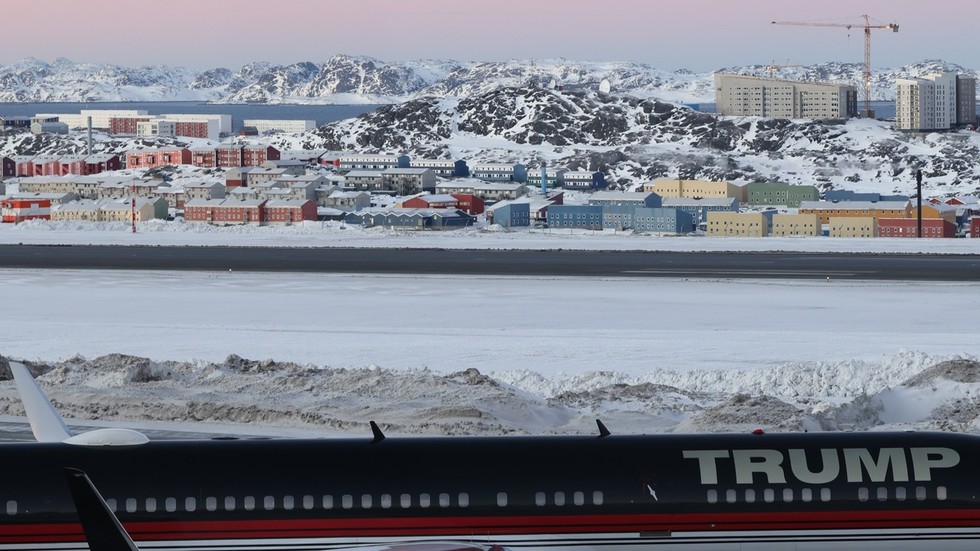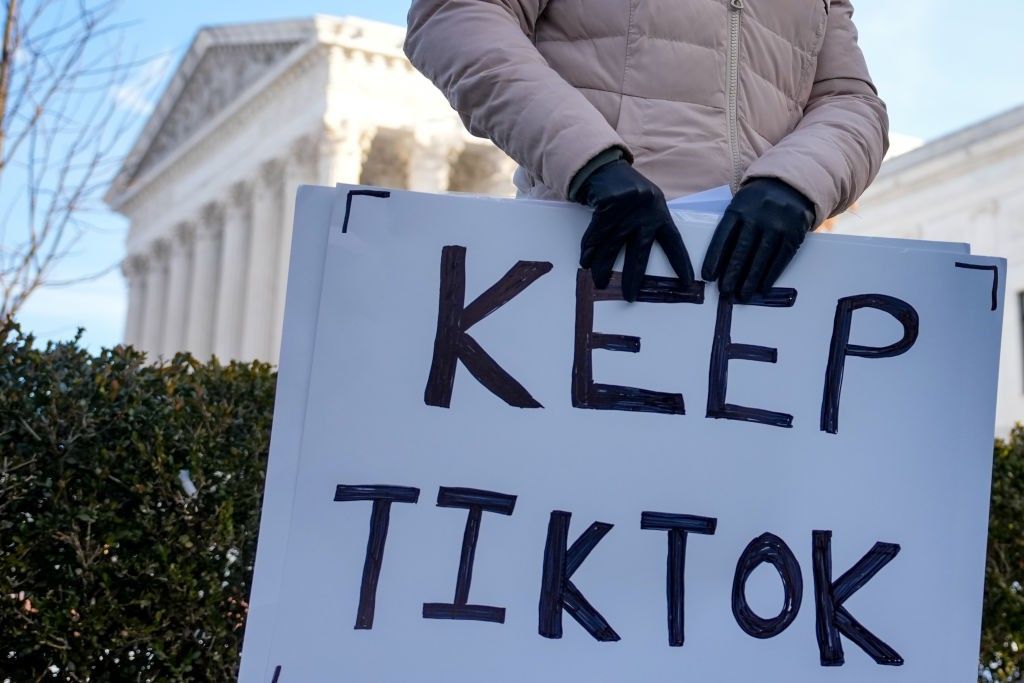Last month, some of our senior journalists – including international editor Peter Hartcher and US correspondent Farrah Tomazin – examined the implications of a Trump presidency on Australia’s relationship with the superpower.
Read Tomazin’s piece, “Winning friends and influencing people in Trump 2.0’s orbit”, here.
Below is a snippet of Hartcher’s article, titled “Trump 2.0: What four more years mean for Australia and the world”.
US Republicans traditionally put high value on relationships with America’s allies, but what exactly is an ally, and how do you differentiate between an ally and a mere friend?
One former senior official liked to put it this way: “We die for our allies; we like our friends.” This was the stark distinction drawn by Rich Armitage, a Republican and former US deputy secretary of state.
Donald Trump has a very different idea of US commitment to allies: “I’ve been saying, ‘Look, if they’re not going to pay, we’re not going to protect, OK?’ ” he said in February, speaking of the US allies in NATO.
Not only would he refuse to protect an ally who hasn’t “paid”, he’s said he’d actually encourage an enemy to do it harm. If Russia were to attack such an ally, said Trump, “I would encourage them [the Russians] to do whatever the hell they want”.
So on these definitions, a traditional Republican is prepared to die for a US ally, while a MAGA Republican is prepared to sacrifice one. This is a profound difference, one with potential to transform the world order.
If Trump were to act on these threats to abandon allies, he would fundamentally upend the world order. The US-centric alliance system collapses if the centrepiece pulls out.”




















Discussion about this post